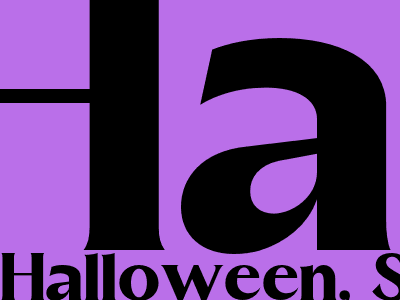
Halloween: Exploring Samhain and Celtic Traditions
Origins of Halloween
Halloween, celebrated annually on October 31st, is a holiday steeped in ancient Celtic traditions and symbolism. Its origins can be traced back to the Celtic festival of Samhain, which marked the transition from summer to winter. The Celts believed that on this night, the boundary between the worlds of the living and the dead thinned, allowing spirits to cross over.
Samhain Celebrations and Beliefs
During Samhain, the Celts celebrated with bonfires, feasts, and rituals. They believed that burning bonfires would ward off evil spirits and guide their ancestors' souls to the afterlife. They also practiced divination and believed that the spirits of the departed could communicate with the living.
Symbols and Customs
Halloween is associated with various symbols and customs that have survived from Celtic times. Jack-o'-lanterns, carved pumpkins with lit candles, represent the protective spirit of Samhain and are believed to keep evil spirits away. Trick-or-treating, where children dress up in costumes and go door-to-door asking for treats, originated from the Celtic practice of leaving food offerings for the spirits.
Modern-Day Halloween
Today, Halloween is a widely celebrated holiday around the world, although its traditions have evolved over time. It has become a time for dressing up in costumes, attending parties, and enjoying spooky-themed entertainment. The commercialization of Halloween has led to the creation of themed decorations, costumes, and merchandise, adding a modern twist to the ancient holiday.
Continued Celtic Influence
Despite its modernization, Halloween still retains elements of its Celtic origins. Bonfires continue to be lit in some areas, and traditional games and customs are sometimes observed. The holiday remains a testament to the enduring legacy of the Celts and the significance of the transition from summer to winter.
Conclusion
Halloween is a fascinating holiday with deep-rooted Celtic traditions. Its origins in Samhain provide insights into ancient beliefs and practices related to the afterlife and the changing seasons. Understanding the history and symbolism behind Halloween enhances our appreciation for the holiday's rich cultural heritage and the enduring legacy of the Celts.